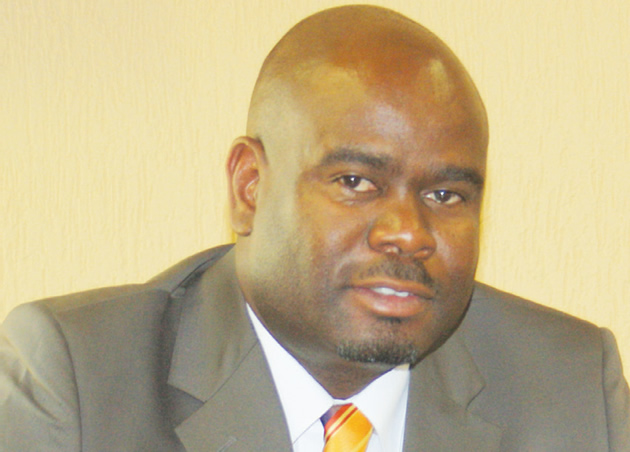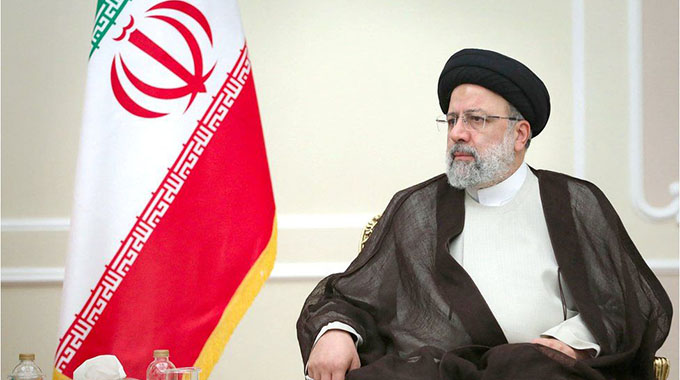SABA resumes ops after 5-year break

WINDHOEK — The Southern African Broadcasting Association said yesterday it will resume programming this week after a stoppage of about five years caused by logistical problems.
The association, now in its 22nd year, used to run programmes on various members television and radio stations meant to update the citizens about events in the region.
In a statement last week, the association’s secretary-general, Ellen Nunuses, said the decision to bring back the programming was arrived at during a meeting held by the board of directors on November 14 last year.
Nanuses said the Zimbabwe Broadcasting Corporation will host Southern African Development Community Calling — a news and current affairs regional radio programme and other member states are expected to air the programme.
Nanuses could not say when exactly the programming will start this week.
SADC Calling was hosted by the Namibia Broadcasting Corporation until 2010 when it was stopped. At the time, the main focus was on regional integration especially the move towards market and monetary union and overcoming trade barriers.
In the same statement, the NBC director general, Albertus Aochamub, who is serving a third term as SABA’s president, said the service gives SADC citizens access to information reported by journalists from their country of origin.
“This is unlike in the past when SADC citizens got news about themselves and their neighbours from foreign agencies,” Aochamub added.
As part of the programming resumption, SABA commits to play an active role in the UNESCO-led Global Alliance on media and Gender, where SABA is the nominee for vice-chair of the International Steering Committee.
Currently, seven of the 15 public broadcasters in SADC have elected to join this process that involves adopting and implementing a gender policy and capacity building for media practitioners, as well as monitoring improvement and sharing good practices.
The association will also support gender in media training; sponsor annual awards on Gender and the Media; recognise gender awareness reporting, programming, and work place practice. — Xinhua.










Comments